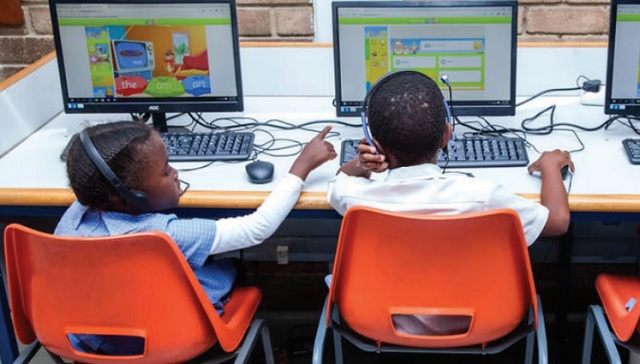
Kampala, Uganda | THE INDEPENDENT | Rising Internet connectivity is making children vulnerable to sexual abuse, online harassment, bullying, recruitment by extremist groups, and other risks, according to a new report by the broadband Commission for Sustainable Development.
The report, produced by the Commission’s working group on Child Online Safety, indicates that in just one year, the Internet Watch Foundation (IWF) found more than 105,000 websites hosting child sexual abuse material, yet no government has developed fully effective online protection systems.
According to the report, one in five children aged between 9 and 17 see unwanted sexual material online and 25 per cent of them have reported experiencing extreme fear or distress.
Records by the World Health Organization (WHO) indicate that up to 200 million children are sexually abused every year and increasingly, much of the abuse either takes place online or is captured and digitally distributed, making the internet an enabler of abuse and exploitation.
The International Police-INTERPOL’s Child Sexual Exploitation database is also holding more than 1.5 million images and videos, collectively recording the abuse of more than 19,400 victims worldwide.
It is on the basis of the alarming figures that the broadband Commission for Sustainable Development has underlined the need for everyone to ensure that children remain safe as they explore “the digital world”.
“It takes a village to keep children safe both online and offline. Therefore, all the stakeholders need to prioritize children, collaborate and generate collective actions to prevent and address all forms of violence, abuse and exploitation of children online,” members said in a press release issued today.
It highlights that steps that protect children online include establishing a single national authority with ultimate responsibility for child online safety, as well as ensuring robust legislation, that defines the rights of children, offences perpetrated against children, and the sanctions those offences incur, among other measures.
“The challenges in tackling the dark side of connectivity are mounting. Unless we act now, the online exploitation of children could scale to even more appalling levels as we expand broadband into developing countries where most children live today, says Dr Joanna Rubinstein, the President of the World Childhood Foundation.
Dr Rubinstein adds that the new digitized territories, educational and law enforcement infrastructures will have difficulty keeping up with sophisticated and determined criminals misusing digital platforms and service, in the absence of a unified global approach.
Globally, there are more than two million people under the age of 18. Around 71 per cent of youth are already online, aided by the availability of affordable smartphones and mobile broadband, according to UNICEF research, cited in the report. However, millions are still waiting to log on.
Currently, 60 per cent of young Africans are not online but the number of users on the continent is growing by 20 per cent a year. According to the ITU, in the least-developed countries (LDCs), 35 per cent of Internet users are young people, compared with 13 per cent in mature digital markets.
“In Sub-Saharan Africa, Asia and Latin America, connectivity has not yet reached all children. With the expansion of affordable broadband to these parts of the developing world, there is an urgent need to put in place measures to minimize the risks and threats to these children, while also allowing them to capitalize on all the benefits the digital world can bring to our societies,” the report said.
*****
URN
 The Independent Uganda: You get the Truth we Pay the Price
The Independent Uganda: You get the Truth we Pay the Price




